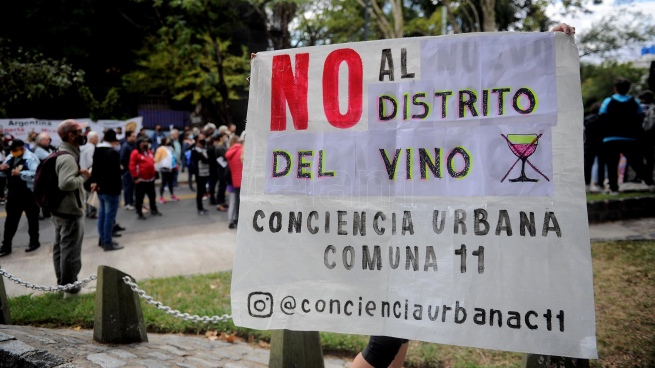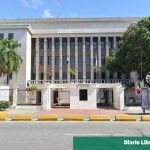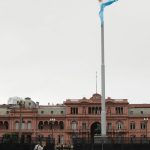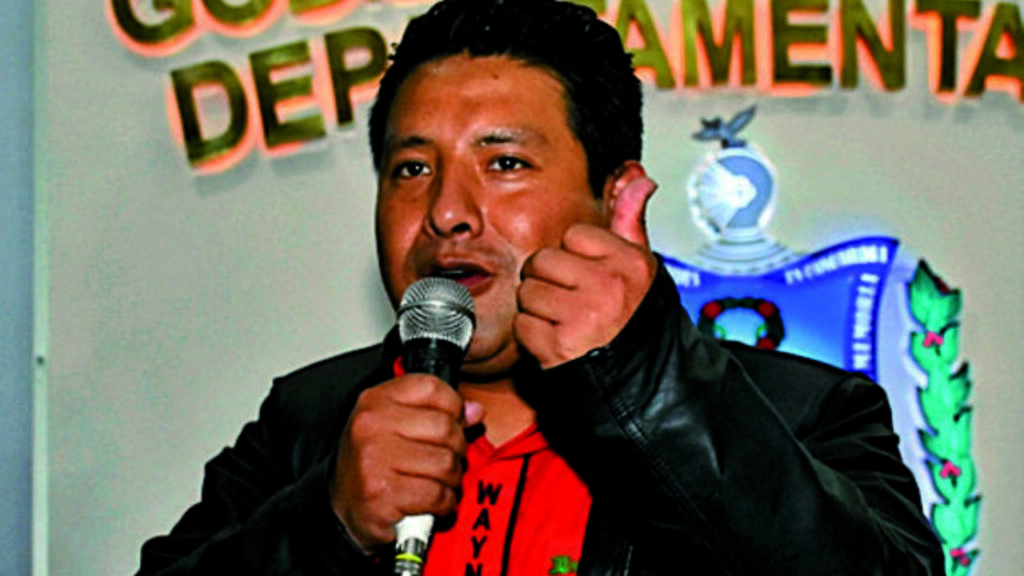Neighborhood organizations from the neighborhoods of Villa Devoto and Villa del Parque filed an appeal before the Buenos Aires Justice to declare the nullity of the law that created the “Wine District”, promoted by the local government to promote wine activity in the City of Buenos Aires, from facilitating the installation of companies in the sector with tax exemptions, it was reported this Thursday.
The collective amparo was filed in the Contentious Administrative and Tax Court 13, in charge of Guillermo Scheibler, and was motorized by the Assembly of “Residents of the Wine District”, together with the organization “The Movement of the City We Are Who We Inhabit It ”.
Specifically, they ask that Law 6447 be declared unconstitutional and invalid, sanctioned in September 2021 in the Legislature to create the Wine District in a polygon that includes sectors of the Villa Devoto, Villa del Parque and La Paternal neighborhoods.
As explained by the amparistas, “the convening and holding of the mandatory public hearing provided for in article 63 of the City Constitution was not complied with,” nor was “the double reading procedure established by articles 89 and 90 of the Constitution of the City” for this type of urban projects.
In addition, they pointed out that “the rights that arise from Environmental Participatory Democracy were violated, in particular the right of every inhabitant of the city to participate in decision-making on planning and environmental policies.”
The law questioned by the neighborhood group provides as “beneficiaries of promotion policies” companies that carry out activities related to the wine industry, including wineries, wine bars, cellars, museums and exhibitions related to wine; and the wholesale and retail marketing of wine.

Jonatan Baldiviezo, legal sponsor of the legal case, stated that “the Wine District is a euphemism to describe a mechanism through which the City returns between 50% and 75% of its investment to those businessmen who invest in the facility. of commercial operations related to wine, through tax credits”.
“The population of Buenos Aires practically gives these resources to private individuals. In addition, the law is drafted in such a way that it will not benefit SMEs but rather large companies that would not have priority in receiving state support in this economic crisis”, he added.
For their part, the residents of the Wine District stated that they were not informed regarding the scope of the law prior to its sanction in the Legislature.
“They deliberately failed to consult through the institutes imposed by our participatory and representative democracy with those who would be the main impacted by this law, who are the residents of Commune 11,” they said.
And they added that “our local representatives did not have a place at that consultation table since it is a concurrent faculty of the Commune.”
“And much less was the public hearing held, which would have served first to announce the policy that was intended to be implemented from the creation of the new district and then give it the due place and space within participatory democracy,” they concluded.


















